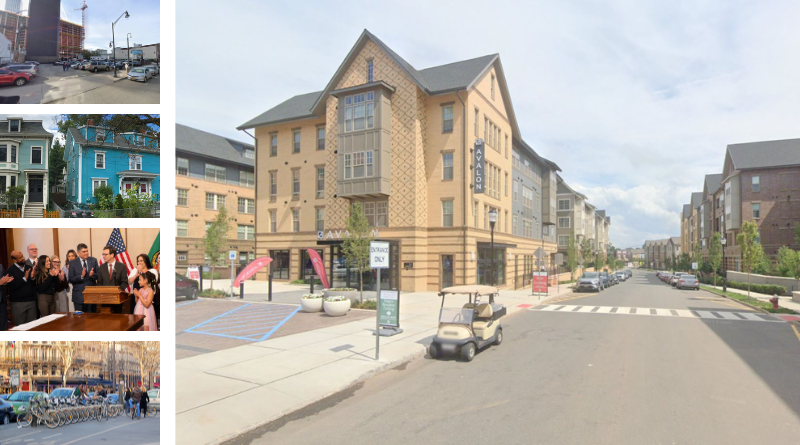Somerville approves final Transit Village phase (right); Jersey City greenlights 35-story tower; Saving naturally occurring affordable housing (NOAH); WA Senate OKs major TOD bill; Paris cuts pollution with bikes (left top-to-bottom)
Article of the Week
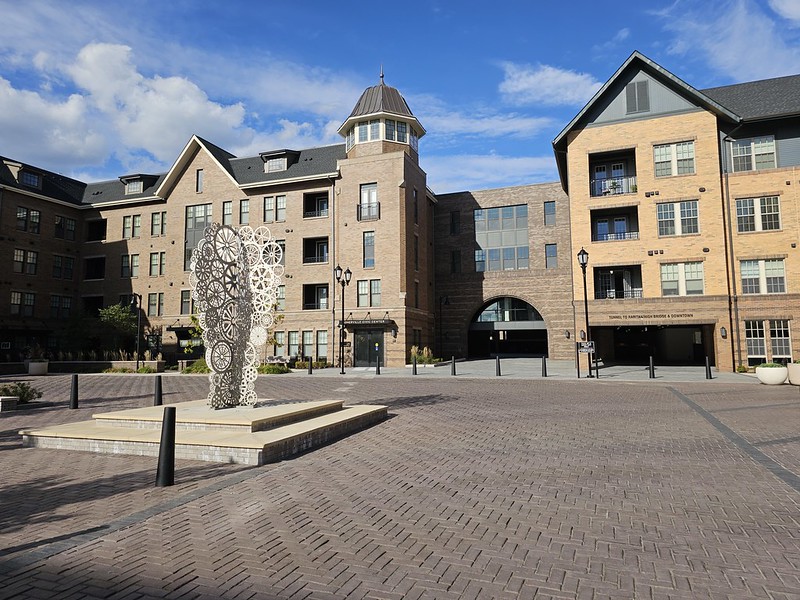
SOMERVILLE—Somerville Greenlights Final Phase of Transit Village Development
Mike Deak, My Central Jersey | April 15, 2025
The Somerville Planning Board approved AvalonBay Communities’ plan for a 171-unit apartment building next to the NJ TRANSIT Somerville Station on the Raritan Valley Line. The project marks the final phase of the Transit Village redevelopment of a former landfill, which already includes 156 townhomes and a 374-unit apartment complex.
NJ TOD News
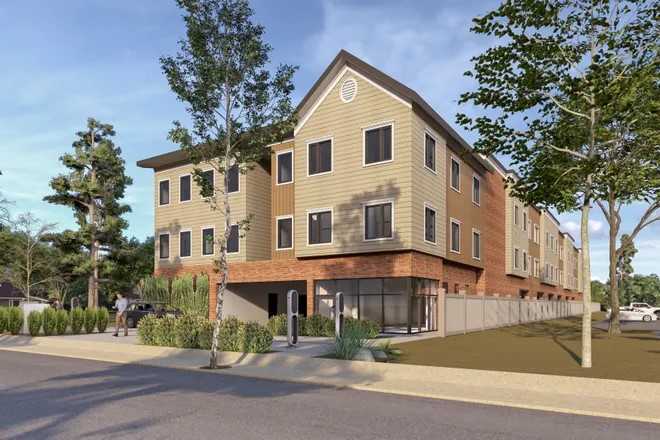
PLAINFIELD—NJ City Incorporates Workforce Housing Amid High Costs
Mike Deak, MyCentralJersey | April 17, 2025
The Plainfield Planning Board approved a 36-unit apartment building dedicated to workforce housing for households earning up to 120 percent of the area median income. The project will include 10 two-bedroom and 6 three-bedroom apartments to accommodate working families and is part of the City’s 197 Scattered Properties Redevelopment Plan.

Want Affordable Housing in NJ? You’re Going to Have to Wait.
Mike Hayes, Gothamist | April 16, 2025
Despite New Jersey’s comprehensive affordable housing strategy, residents often face a long, confusing application process. The decentralized system relies on resource-strapped non-profit organizations struggling to meet rising demand. Lawmakers have introduced a bill to create a centralized, streamlined process, now under review by the Assembly Appropriations Committee.
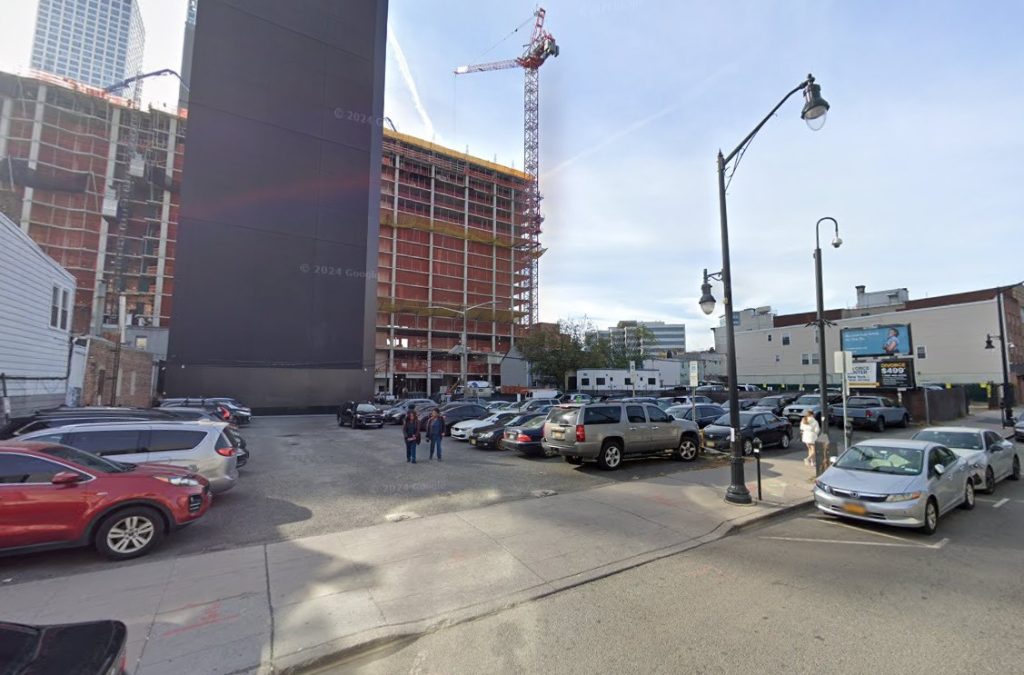
JERSEY CITY—Jersey City Backs 35-Story Tower With Deep Tax Breaks – But Is it Worth It?
Jordan Coll, Jersey Digs | April 14, 2025
The Jersey City Municipal Council approved a long-term tax exemption for a 360-unit mixed-use project near the Journal Square Transportation Center, served by PATH and NJ TRANSIT. Supported by an Aspire grant, the exemption increases affordable units from 72 to 90 and requires union labor for construction.
Transit and Equity News
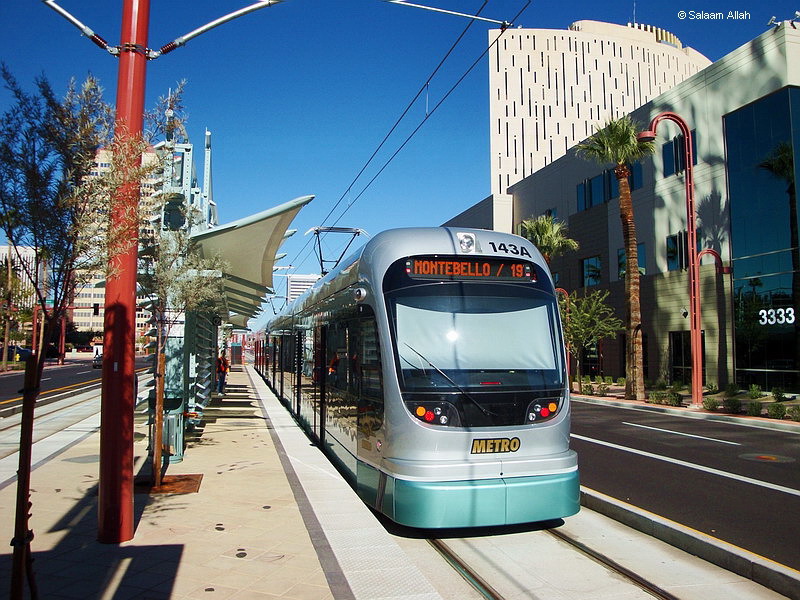
ARIZONA—Downtown Phoenix Housing Project Opens for Homeless Veterans and Seniors
Roxanne De La Rosa, KTAR News | April 18, 2025
Phoenix marked the opening of Osborn Point, a 48-unit affordable housing complex for homeless veterans and seniors, developed by Native American Connections. Partially funded by a $100,000 Arizona Housing Fund grant, the complex offers walkable access to medical centers and the Osborn/Central Ave Valley Metro light rail station.
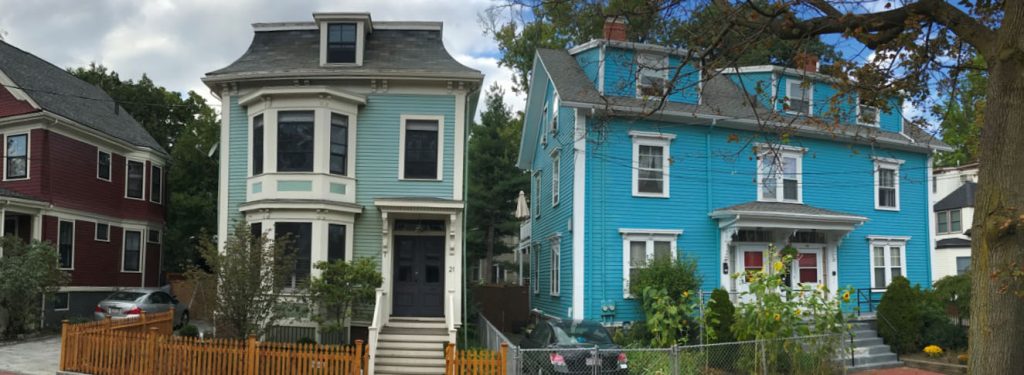
MASSACHUSETTS—The Urgent Need for an Agenda to Preserve ‘Naturally Occurring’ Affordable Housing
Matthew Thall, Commonwealth Beacon | April 18, 2025
While Massachusetts focuses on building new housing to boost affordability, advocates stress the need to preserve Naturally Occurring Affordable Housing (NOAH). These unsubsidized, older rentals—often owned by small landlords—are increasingly being flipped by investors, displacing
low-income tenants faster than new affordable replacements are built.
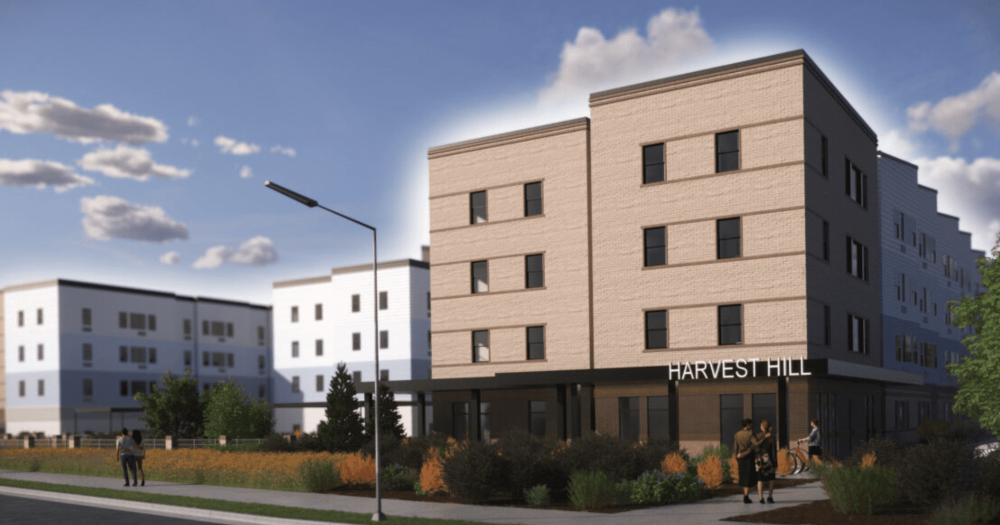
COLORADO—$33M+ Secured for Transit-Oriented Affordable Housing in Broomfield
Staff, Milehighcre | April 14, 2025
Ulysses Development Group secured over $33 million for Harvest Hill, a 152-unit affordable housing project near RTD’s Broomfield Station. The homes will be available to households earning between 30 and 70 percent of area median income. Groundbreaking is set for June 11.
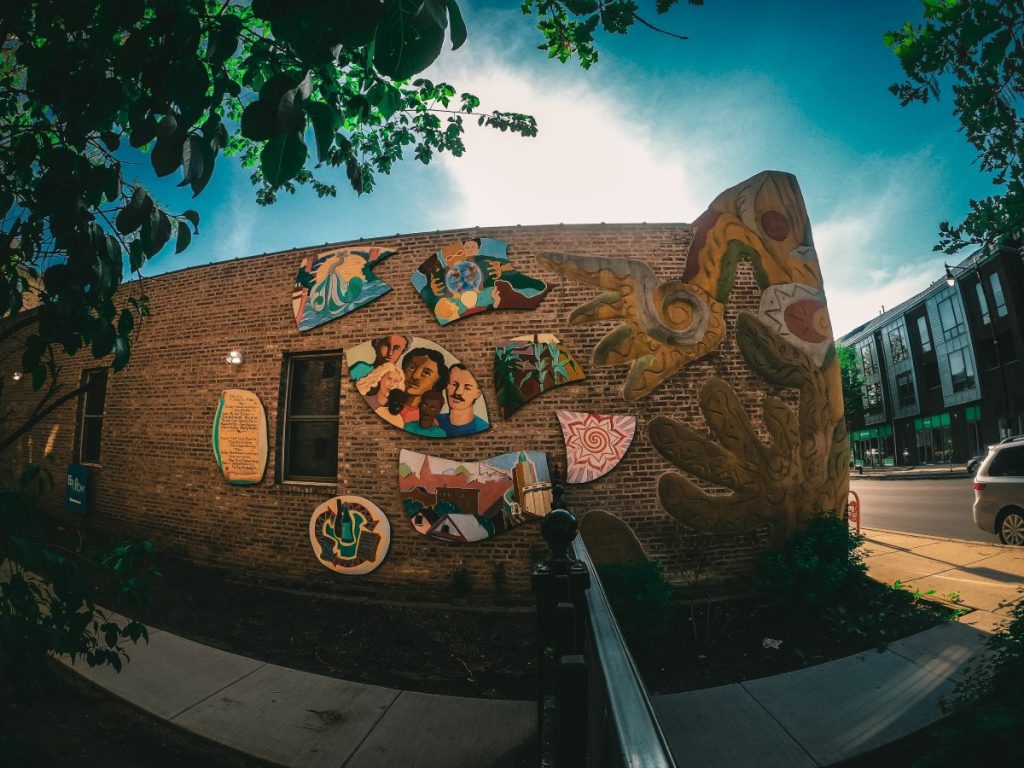
ILLINOIS—MacArthur Foundation Pledges $1 Million to Create More Public Art at Developments Near Transit
Maxwell Evans and Jamie Golden, Block Club Chicago | April 14, 2025
Elevated Chicago, a collaborative advancing equitable transit-oriented development (eTOD), will award over $1 million in grants for public art at transit-oriented developments. Backed by $1.5 million from the MacArthur Foundation, the program launches in August and prioritizes projects reflecting community voices in areas facing displacement.
Regional and National TOD News
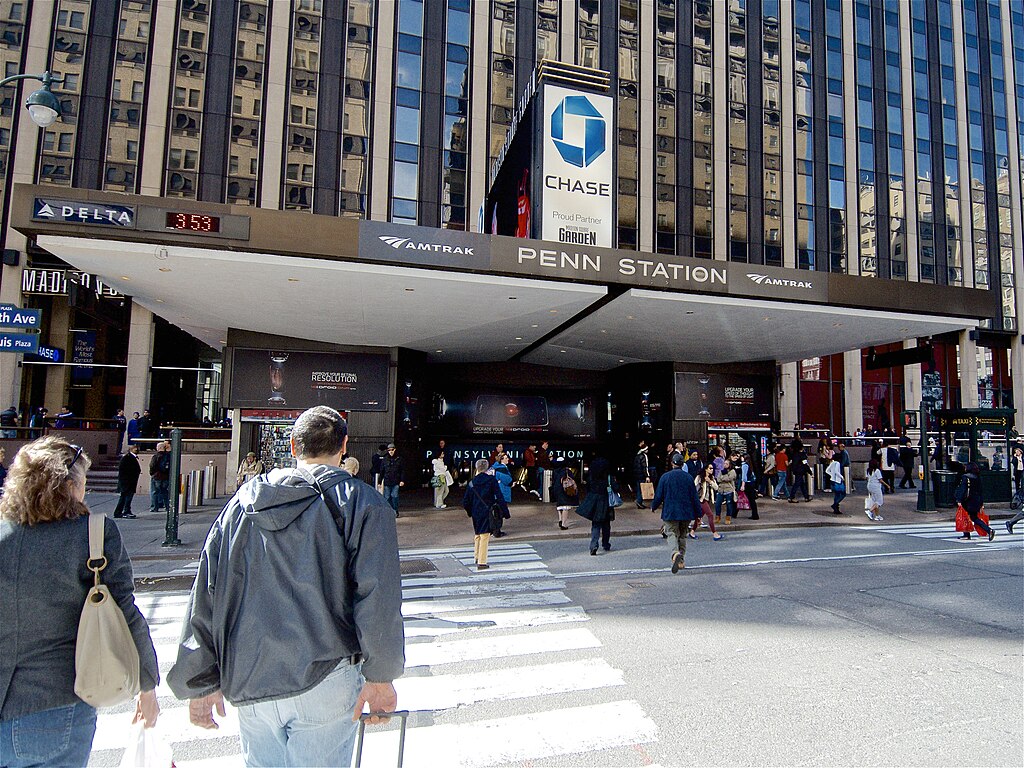
NEW YORK—Trump Administration Says It Will Take Over Renovation of Penn Station
Stefanos Chen and Patrick McGeehan, The New York Times | April 17, 2025
The USDOT announced it will take control of the $7 billion renovation of New York Penn Station from the MTA, citing inefficiency and waste. The move reflects ongoing tension between the federal government and the transit agency. The Trump administration envisions a redesign of the station—owned by Amtrak—rooted in “classical architectural heritage” to “ennoble the United States.”
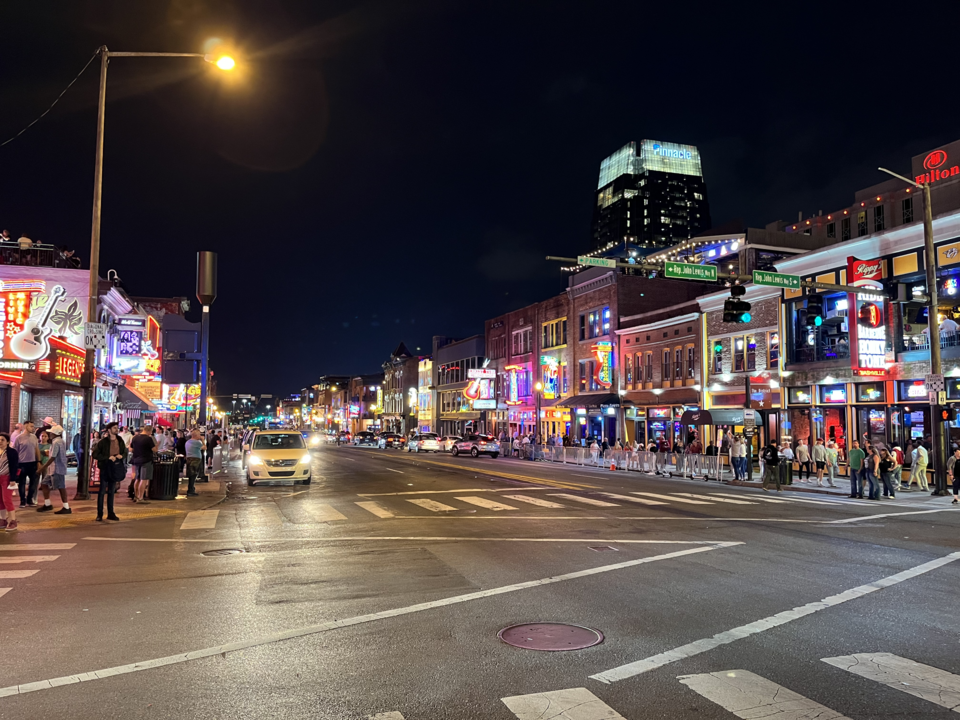
TENNESSEE—Moving Toward Transit-Oriented Development in Nashville
Yonah Freemark, Urban Institute | April 17, 2025
The Urban Institute released a report outlining how zoning reforms can support transit-oriented development in Nashville. By easing restrictions and leveraging a new sales tax for transportation, the City could add thousands of new units, lower transportation costs, and expand equitable access to jobs and services.

PENNSYLVANIA—Pittsburgh Regional Transit, Dormont to Build on Land at Dormont Junction
Ed Blazina, Pittsburgh Union Progress | April 16, 2025
Pittsburgh Regional Transit (PRT) and the Borough of Dormont are seeking developers for a mixed-use, mixed-income community on 2.5 acres adjacent to the Dormont Junction light rail station. A $500,000 federal grant will fund a station redesign. PRT expects to select a developer by fall, with construction targeted for May 2026.
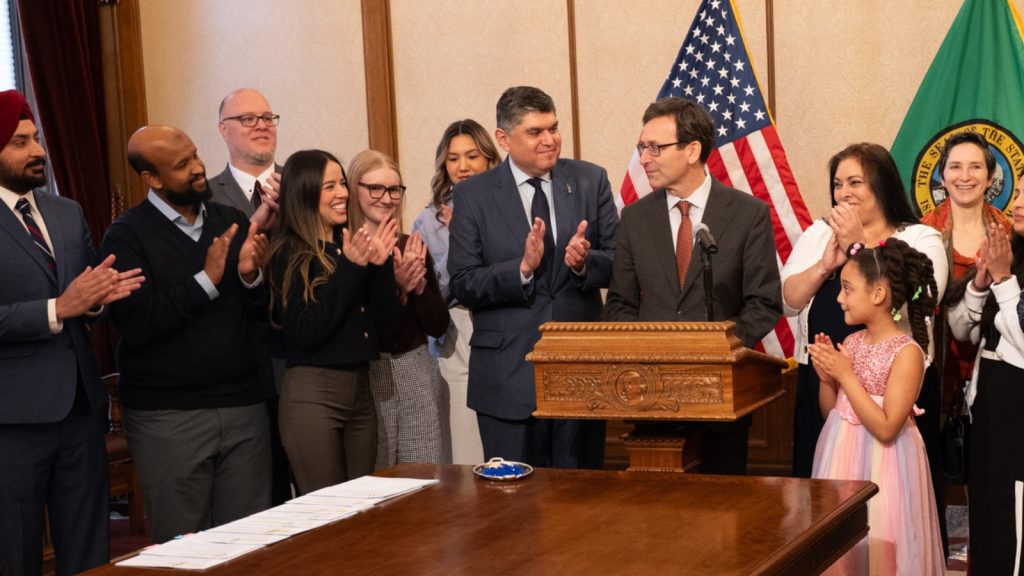
WASHINGTON—State Senate Greenlights Sweeping Transit-Oriented Housing Bill
Ryan Packer, The Urbanist | April 16, 2025
The Washington Senate approved HB 1491, requiring denser housing near major transit facilities. The bill mandates increased density within a half mile of light rail, commuter rail, and streetcar stations and a quarter mile of BRT stops. A compromise pairing affordable housing mandates with tax exemptions helped secure its passage after failed attempts in 2023 and 2024. Phased implementation runs through 2029.
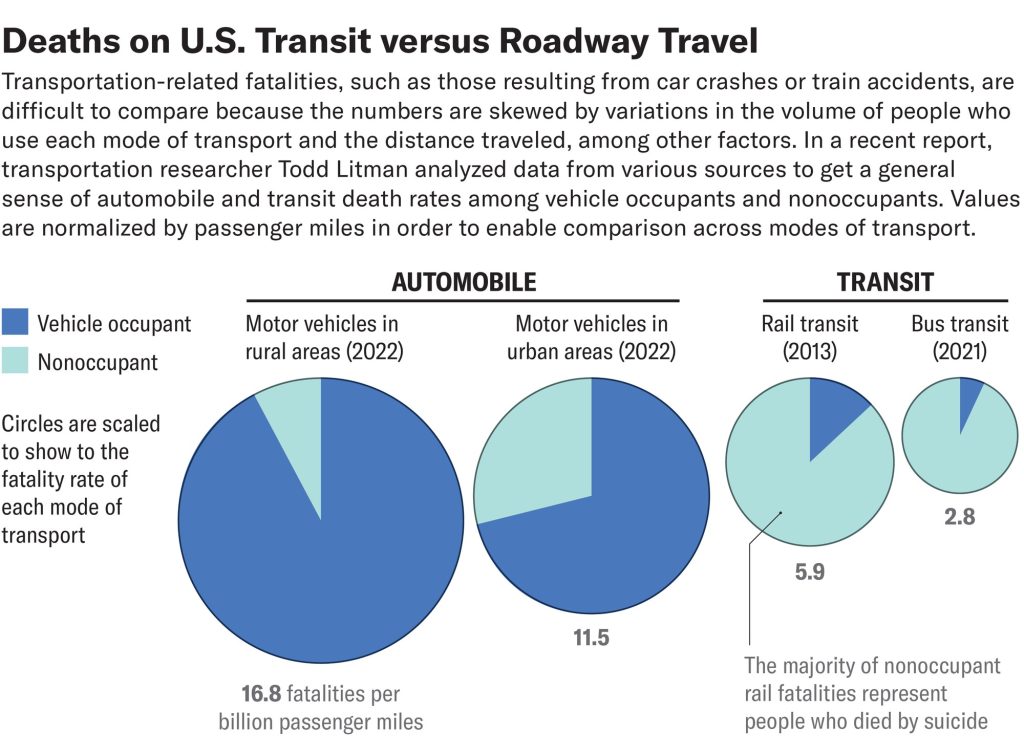
These Charts Explain Why Public Transit Is Safer Than Driving
Tanya Lewis, Scientific American | April 15, 2025
Despite public fears, transit is significantly safer than driving. National Safety Council data show car deaths in the US occur at rates 50 times higher than bus deaths and 17 times higher than train deaths. Experts attribute the misperception to biased media coverage and the normalization of car violence.
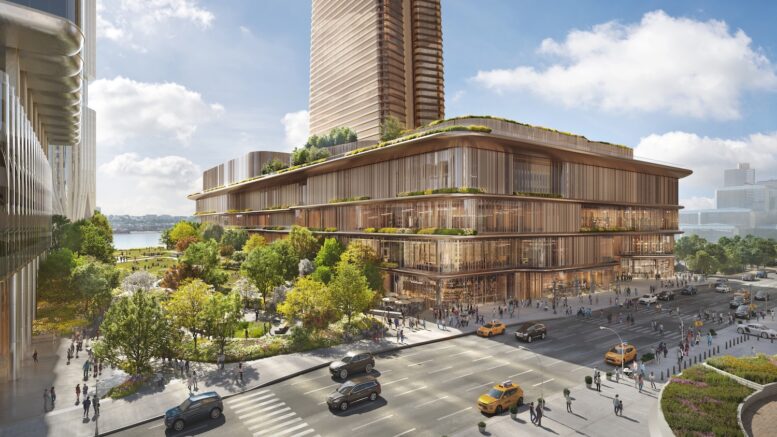
NEW YORK—Hudson Yards West Receives Approval From NYC Planning Commission
Max Gillespie, New York Yimby | April 14, 2025
The NYC Planning Commission approved Hudson Yards West, a $13-billion mixed-use development over Manhattan’s West Side Rail Yard. Plans include 1,500 housing units (324 affordable), a casino, a public park, and pedestrian improvements. Expected to generate $2.7 billion for the MTA, the project was praised for its investment in community infrastructure.
International TOD News
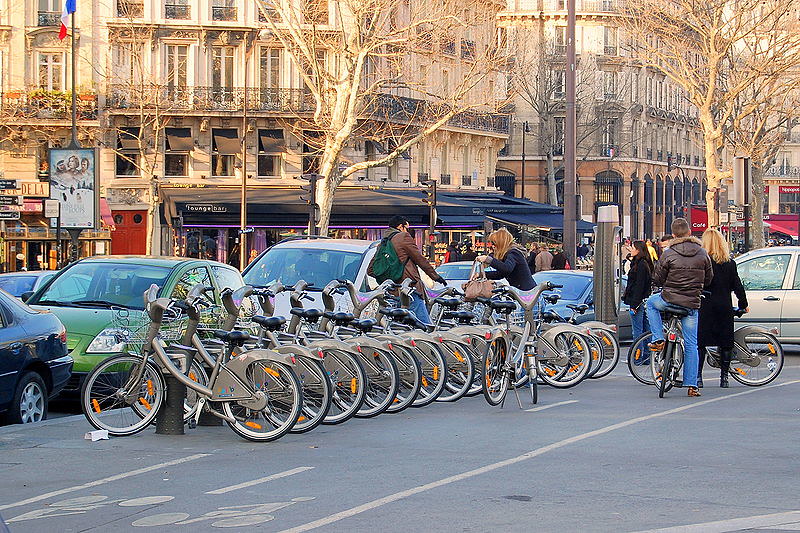
FRANCE—Paris Air Pollution Is Down 50% After Its Radical Bike-Friendly Transformation
Adele Peters, Fast Company | April 16, 2025
Since 2005, Paris has reduced air pollution by 50 percent through policies prioritizing bikes, pedestrians, transit, and green space. Under Mayor Anne Hidalgo, the city embraced the 15-minute city concept by closing 100+ streets to cars, removing 10,000+ parking spaces, and adding hundreds of miles of bike lanes.
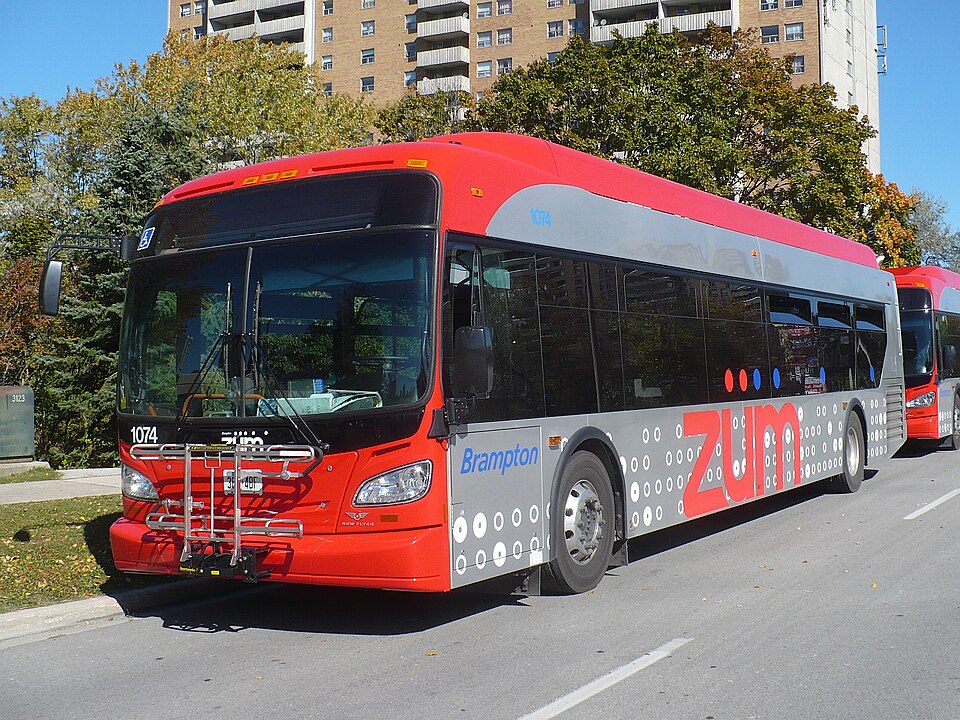
CANADA—How Did This Suburb Figure Out Mass Transit?
Jonathan English, Bloomberg | April 14, 2025
Brampton, a sprawling suburban city in Ontario, achieved a 288 percent increase in transit ridership from 2004 to 2018 by expanding service in the early 2000s, despite its suburban development patterns. After two decades of incremental growth, the City will soon break ground on a major light rail extension.
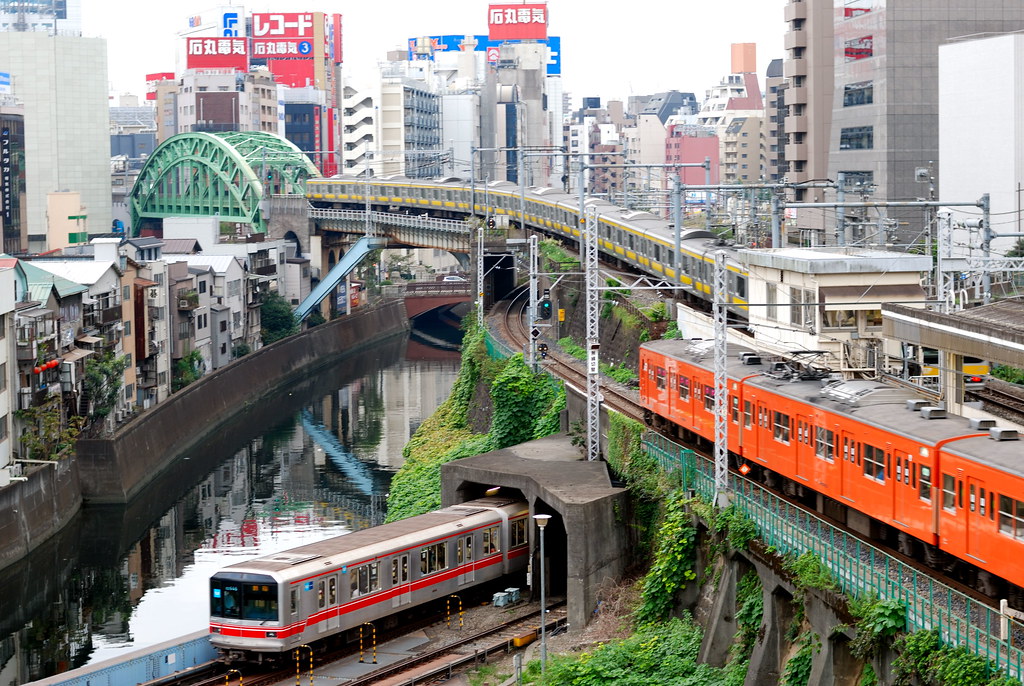
JAPAN and MASSACHUSETTS—Lessons from Tokyo: The World’s Largest City Is Car Free
Jeremy Siegel, WGBH | April 8, 2025
Northeastern professor Daniel Aldrich contrasts Tokyo’s rail network—serving 40 million daily riders—with Boston’s car-centric system, where traffic delays cost the average driver 88 hours a year. Tokyo discourages driving through strict parking rules and high tolls, while Boston struggles with MBTA ridership at 66 percent of pre-pandemic levels. Aldrich says reversing car dependence will take major transit investments.

